Key Faculty & Specific Research Interests
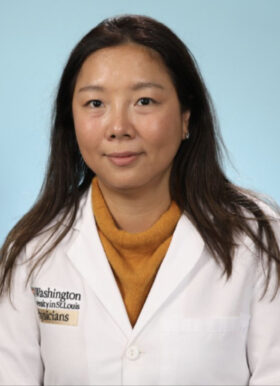
Nongnooch Poowanawittayakom, MD
Assistant Professor of Medicine
- Email: nongnooch@wustl.edu
Dr. Poowanawittayakom interests are in bone and joint infection, infection prevention/control, hepatitis C, emerging infectious diseases, and global health.
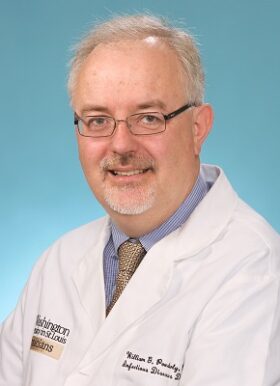
William G. Powderly, MD
J. William Campbell Professor of Medicine
- Phone: 314-454-8287
- Fax: 314-454-8294
- Email: wpowderly@wustl.edu
Dr. Powderly has been actively involved in HIV-related clinical research for over thirty years with specific interests in opportunistic infections, metabolic complications and long-term outcomes of antiretroviral therapy.
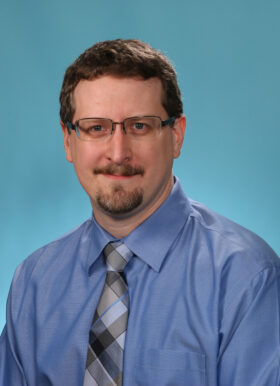
Bruce A. Rosa, PhD
Associate Professor of Medicine
- Phone: 314-273-5550
- Email: barosa@wustl.edu
Dr. Rosa’s experience in the statistical analysis of complex datasets (utilizing multiple types of evidence spanning treatments or species) has led to the identification differentially expressed genes, drug targets and pathways of interest for experimental verification.
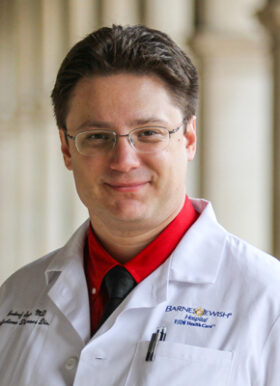
Andrej Spec, MD, MSCI
Associate Professor of Medicine
- Phone: 314-454-8354
- Fax: 314-454-5392
- Email: aspec@wustl.edu
Dr. Spec‘s research is in fungal infections, particularly in immunocompromised patients, including those with transplants. His research focuses on Cryptococcus, Histoplasma, Candida, Aspergillus and other invasive molds. Dr. Spec also runs the division’s clinic focusing on invasive fungal infections, where he takes care of both immunocompromised and immunocompetent patients with fungal infections, which he considers the best and most rewarding part of his job.
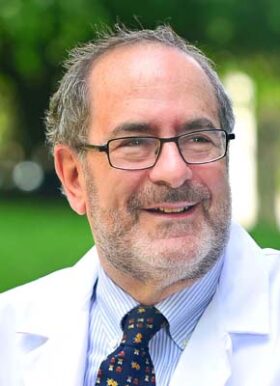
Gary J. Weil, MD
Professor Emeritus of Medicine
- Phone: 314-747-5198
- Fax: 314-454-5293
- Email: gweil@wustl.edu
Dr. Weil’s research group conducts research on filarial nematode parasites that cause important tropical diseases such as elephantiasis and river blindness. This includes basic research on parasite biology and translational research to develop improved diagnostic tests and treatments.